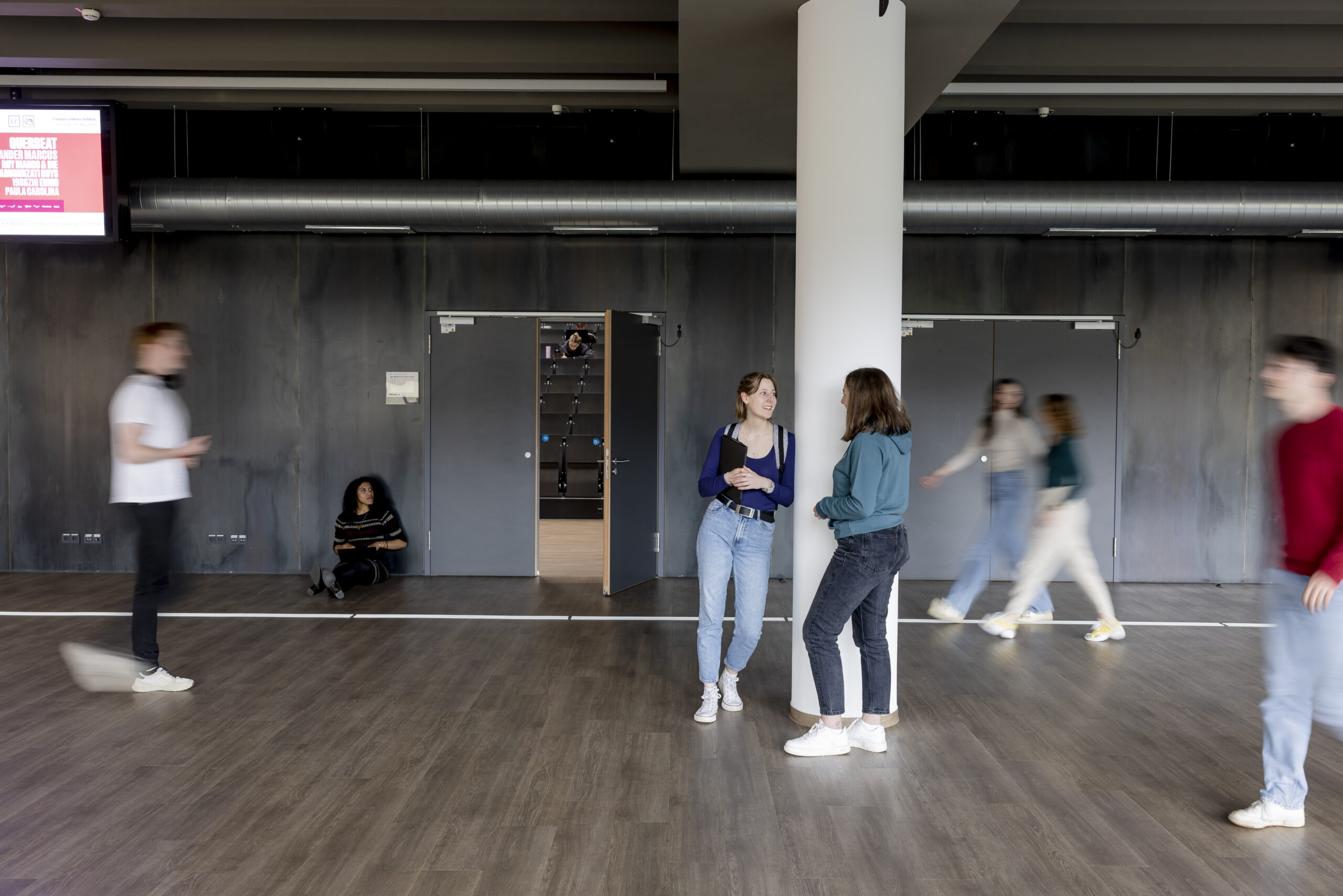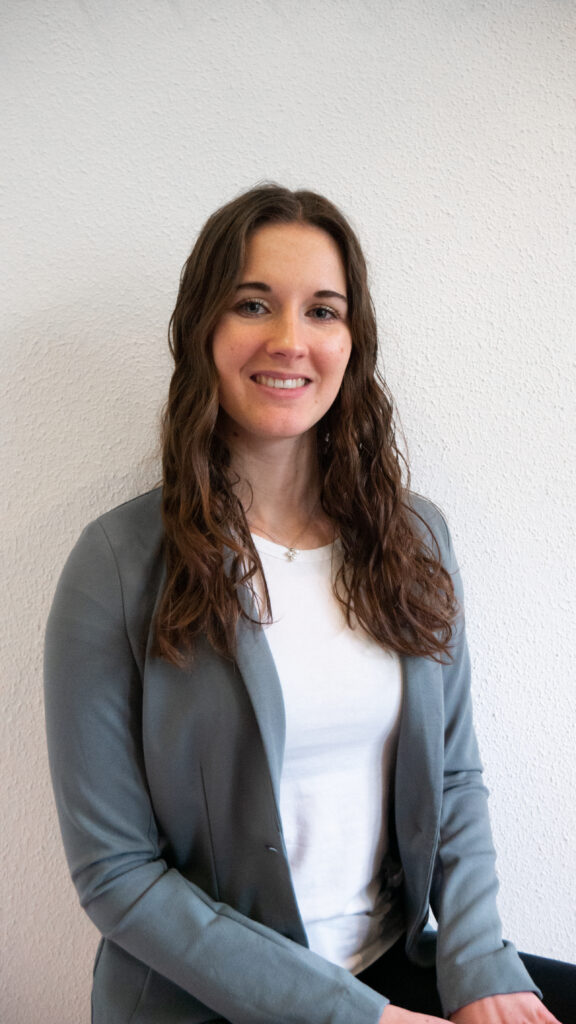
Master
Physics
Short information
| Restricted admission | Regular study time | launches |
| no | 4 semesters | summer and winter semester |
Admission procedure
Application required.
Application period
Non-EU citizens:
Winter semester: until May 31Saint
Summer semester: until December 31Saint
EU citizens:
Winter semester: until August 31Saint
Summer semester: until February 28th
Degree
Master of Science
More information
Booklet on Focus Area Particle Physics
Booklet on Focus Area Quantum Optics and Quantum Information
Booklet on Focus Area Solid State Physics
Language of instruction
English
Study Program
The Master’s degree course in Physics is research-oriented. It’s based on the scientific foundations that you have acquired in your Bachelor’s degree course. Here you will be able to specialize in the research activities of our department, especially on
- Experimental solid state physics
- Quantum Information Theory and Foundations of Quantum Mechanics
- Experimental Quantum Optics and Nano Optics
- Theoretical Particle Physics
- Experimental Particle and Astroparticle Physics
On the one hand, the modules in the first year of study ensure that you have a compelling coverage of modern physics. On the other hand, you are prepared for research in your chosen specialization: Particle Physics, Quantum Optics and Quantum Information, or Solid State Physics.
The second year is dedicated to research. You will complete your Master’s thesis within one of our department’s working groups.

5 reasons to study Physics in Siegen
✓ individual supervision by internationally renowned researchers
✓ internationally leading research in the specializations
✓ multi-cultural and familiar study atmosphere
✓ excellent preparation for your career
✓ low cost of living and attractive leisure opportunities in the surrounding area
Career prospects
Whether you want to continue your career in elementary particle physics, quantum computing, the semiconductor industry or the financial sector, a Master’s degree in physics opens up a wide range of opportunities in research, industry and the service sector. You have a broad-based education and have gained initial experience with research projects. You are also well prepared for an academic career and can now pursue a doctorate.

Alice Bremerich says about her degree program:
“...attractive field of work...”
read more
Due to current research topics, I decided to focus my studies on the field of solid state physics. With four research groups with different focuses in this field, the University of Siegen is broadly based. This offers students an attractive field of work, regardless of whether they have special interests in data analysis or want to investigate solids using challenging experimental methods. During the time of my master thesis, it was possible to collaborate with other research groups from the Physics and Chemistry Department, which gave me a broader view of the application on area of our research.
Admission requirements
You have a qualified Bachelor’s degree in physics or a natural-science subject from a university or a university of applied sciences – or equivalent.
A Bachelor’s degree in the subject of physics is deemed qualified if acquired at a university in the scope of application of the German Civil Code and completed at least with the grade satisfactory, or if equivalent to such a degree. Equivalence is determined by the examination board for the master’s degree program physics.
Applicants with qualifications from a foreign institution have to provide documentation of a sufficient command of the German or English language. Details are given in the examination regulation.
The examination regulations relevant at the time shall apply.
Study organization
Examination regulations/degree plan/module manuals/internship rules
Examination regulations (POs) specify the basic structures of a degree program (e.g. admission requirements and contents to be studied). Students are automatically subject to the current version of their PO when they matriculate for their first subject-related semester. This means that even if the PO changes during their studies, the original version according to which they matriculated will remain valid (provided that the PO does not expire).
The respective degree plan is the recommended example progress of the studies in individual subjects and is part of a PO.
Supplementary provisions and details for any module to be studied can be found in the module description (e.g. requirements for taking a written test or content-related information on the modules/events, ...).
We recommend at least looking at the study schedule for your degree program before the lecture time starts, to ensure that you know which modules are intended for the start of your studies.

Advice and Contact
Make an appointment at:
info.studienberatung@zsb.uni-siegen.de
or phone: 0271 740-2712
(Monday – Thursday: 9 – 16 / Friday: 9 – 12 )